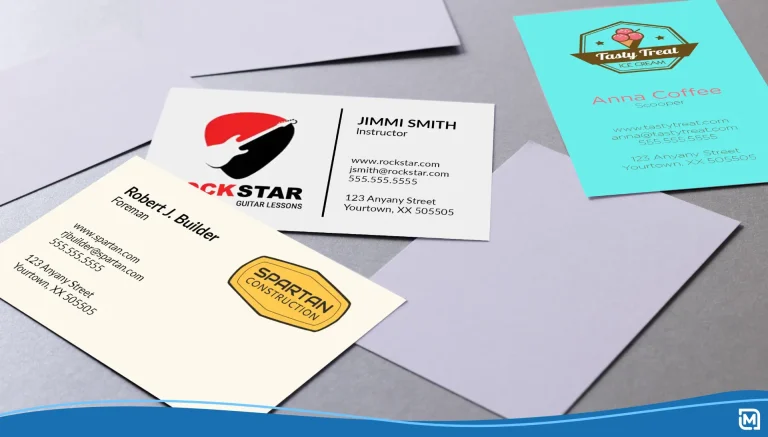 James Patterson has published more than 100 books (selling almost 300 million copies) and long ago passed $1 Billion in book sales. A recent news item reported that since 2006, Patterson wrote 1 out of every 17 hardcover fiction books sold. He has created several memorable characters: Alex Cross, Michael Bennett, and the Women’s Murder Club.
James Patterson has published more than 100 books (selling almost 300 million copies) and long ago passed $1 Billion in book sales. A recent news item reported that since 2006, Patterson wrote 1 out of every 17 hardcover fiction books sold. He has created several memorable characters: Alex Cross, Michael Bennett, and the Women’s Murder Club.
He has won several awards for his fiction, including the Edgar Award, the BCA Mystery Guild’s Thriller of the Year, the International Thriller of the Year, and a Children’s Choice Book Award. And perhaps most importantly, he’s recognizable enough to have appeared on an episode of the Simpsons.
But what interests us most are the lessons his approach to writing can teach us about creating and running a successful small business. (As Todd Sattersten has written: every book is a startup).
Lesson #1: Stick with it.
It’s hard to believe now, but Mr. Patterson’s first book was rejected more than 31 times before finding a publisher. And over the next 15 years, he published only 5 novels. But everything changed when he wrote his first Alex Cross novel.
Small business take away: Success takes time. And you’ll have to power through a lot of rejection to make it happen. Seth Godin has called it “the dip“. But if your idea is good, and you’re willing to work hard, eventually you’ll break through.
Lesson #2: Start with a plan.
The first stage of every Patterson novel is a detailed outline. When Mr. Patterson has an idea for a book, he sits down and writes a 60-70 page summary of the book. The outlines are very specific about what each chapter and scene is supposed to accomplish.
Small business take away: Success rarely happens by accident. You need a good idea of what you’re trying to accomplish and how you’ll do it. This doesn’t mean you need a formal business plan. But you do need to know what you’re going to build, what you can charge for your product, who you’ll be selling to, etc.
Lesson #3: Work with others to accomplish more.
Unlike most writers, Mr. Patterson doesn’t mind sharing the credit. He collaborates with several other writers on story and character ideas. At any given time he’s working on 30-40 different projects. Each of his partners delivers his work every two weeks for Mr. Patterson to review, edit, and rewrite. Then the result goes back to the partner for more work. While he still writes one or two books on his own each year, he is able to accomplish much more by partnering with others.
Small business take away: You can only accomplish so much on your own. Starting a business is definitely easier with a partner. Working with someone to accomplish the things you can’t do—whether it’s marketing, sales, programming, accounting—helps you accomplish far more in less time.
Lesson #4: Focus on the story. Leave out the unnecessary details.
When you pick up a Patterson novel, you’ll notice a couple of things right off the bat. Chapters are short and don’t have a lot of detailed descriptions. There are no flashbacks or other digressions. And the characters are compelling (even the bad guys). You get the bare bones to move the story forward and nothing else.
Small business take away: When telling your story, stick to the important stuff, which in most cases is what your product does for your customer. How does it improve her life? Nothing else matters. Features, manufacturing details, even price aren’t nearly as important as what your product will do for your customer. Stick to the basics.
Lesson #5: Ignore the critics and haters.
Patterson isn’t without his critics. Lots of high-minded writer types criticize his books as formulaic, mechanical, sweatshop productions. Best-selling writer, Steven King, described him as a “terrible writer”. But Mr. Patterson ignores the criticism and keeps on doing what he loves. He’s said, “Thousands of people hate my stuff, but millions of people like it.”
Small business take away: Plenty of people will criticize your ideas. They’ll tell you that you’re better off working for a paycheck from an established corporation. Don’t listen to them. Follow your gut and do what you think will work. There will always be critics, but you’ll never find your fans if you listen to them.
Lesson #6: Understand your brand.
At one point, Mr. Patterson wanted to expand beyond writing thrillers—the genre he was well-known for. He told his publisher about ideas he had for a romance and stories for younger audiences. The publisher wasn’t comfortable with the idea, saying that it wasn’t his brand. Mr. Patterson responded that his brand was fast moving stories with compelling characters that made you want to turn the page. Since then, Patterson has published several best-selling romance stories as well as books for kids.
Small business take away: Understand what your customers are really buying from you. It may open up new opportunities for expansion. Union Pacific never became an airline because they thought they were in the train business, not the transportation business. Would things have been different if they had understood what they were really selling to their customers?
Lesson #7: Work hard.
Mr. Patterson publishes as many as 13 books a year. That’s a lot of writing. And to get it all done, he writes seven days a week, starting at 5 am and ending at 6 pm (with a little time for golf in between). He’s written every day for the past 15 years.
Small business take away: This one should be pretty obvious. The more ideas you have, the harder you work, the more effort you put in, the higher your chances of succeeding. Opportunity looks an awful lot like hard work.







